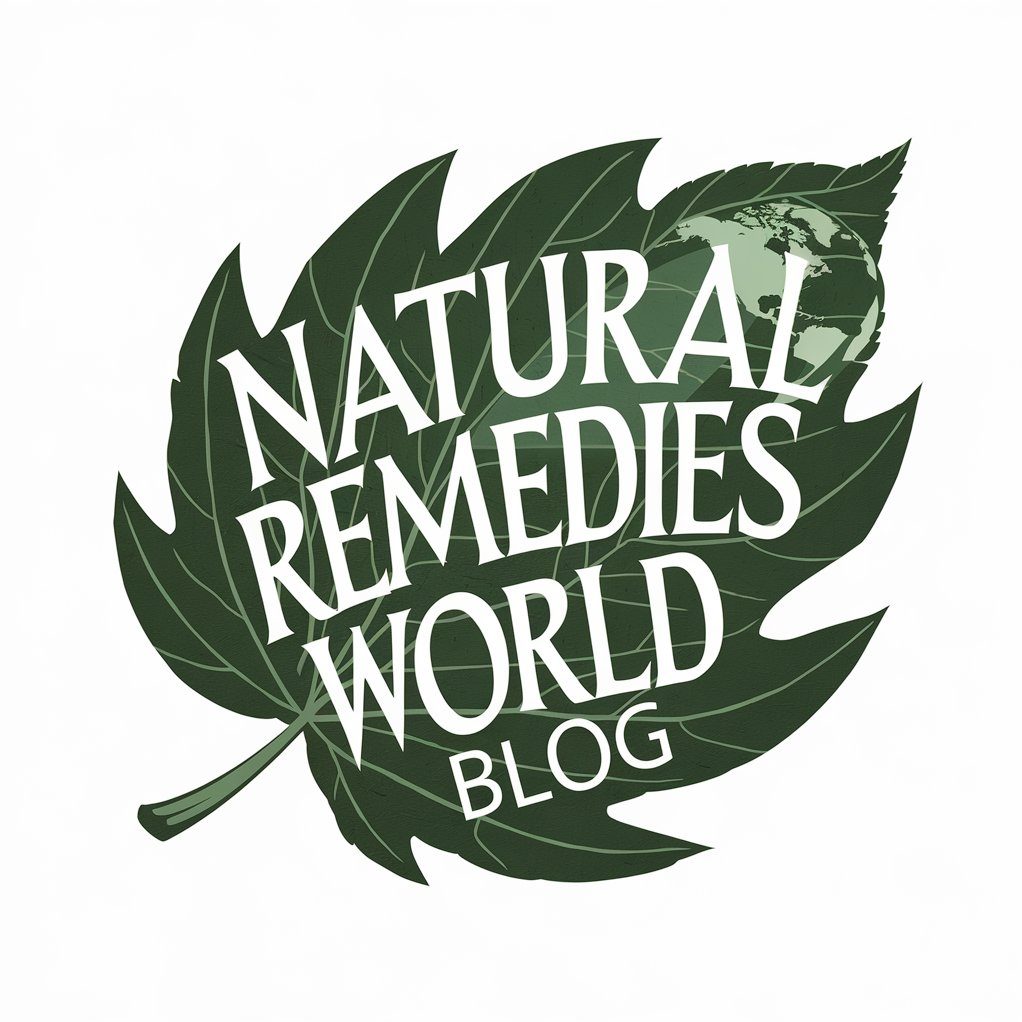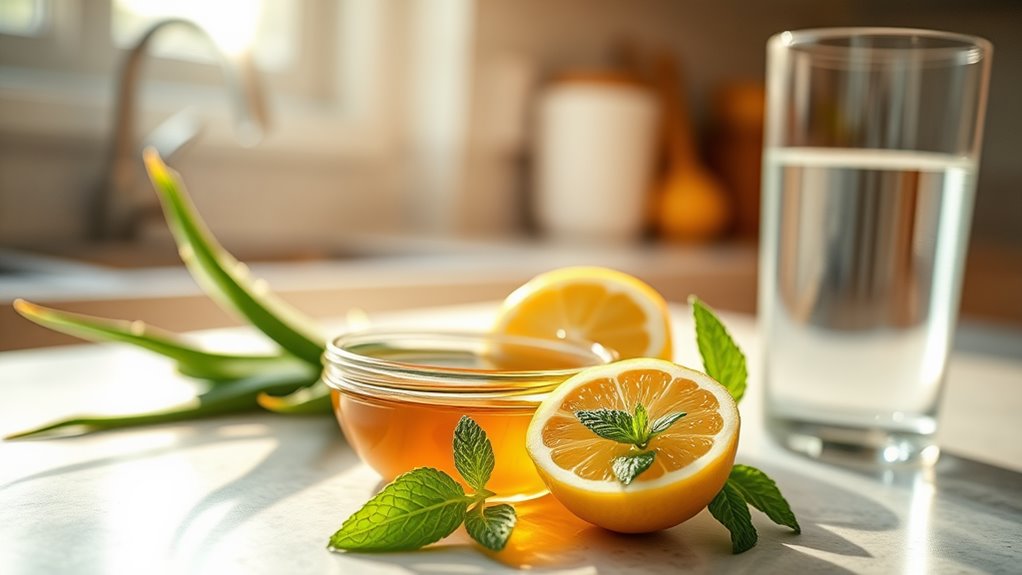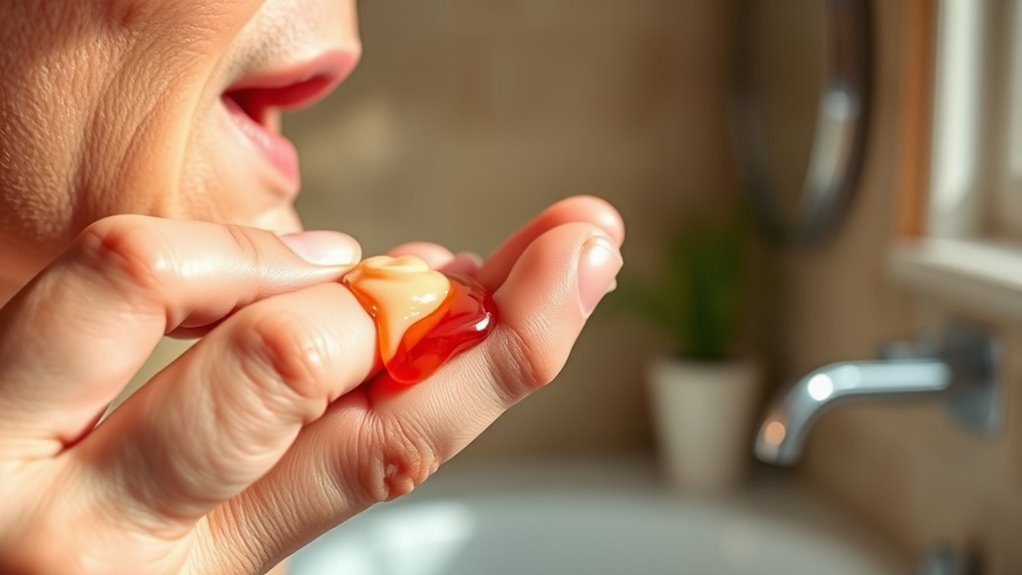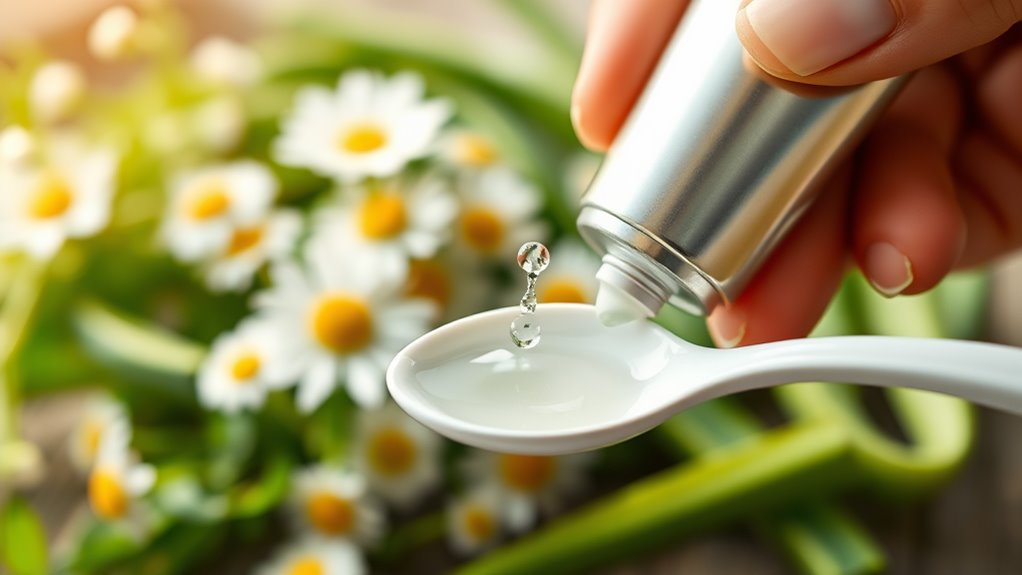How to Get Rid of Mouth Ulcers in Just One Day!
To get rid of mouth ulcers in just one day, rinse your mouth with warm salt water and apply honey directly to the ulcer for its healing properties. You can also use aloe vera gel to soothe pain and speed up recovery. Don’t forget to take over-the-counter pain relievers and avoid spicy foods to minimize irritation. With these tips, you’ll feel better quickly, and there’s more effective advice to explore!
Understanding Mouth Ulcers: Causes and Symptoms
Mouth ulcers, often painful and annoying, can disrupt your daily life. You might experience a burning sensation, especially when eating or drinking. These sores usually appear as small, round lesions with a white or yellow center and a red halo around them.
Understanding the causes is crucial to managing them. Stress, hormonal changes, or certain foods can trigger these ulcers. Nutritional deficiencies, particularly in vitamin B12, folate, or iron, might also play a role. If you’ve had recent injuries to your mouth, such as biting your cheek, that can lead to an ulcer too.
Identifying these factors can help you avoid future outbreaks and reduce discomfort when they do occur. Stay aware of your body’s signals to better manage your oral health.
Home Remedies for Rapid Relief
Finding relief from the discomfort of mouth ulcers can be a priority, especially when they interfere with eating and drinking.
One effective remedy is to rinse your mouth with a warm saltwater solution. Just mix a teaspoon of salt in a glass of warm water and swish it around for a minute.
Honey is another great option; its natural antibacterial properties can help soothe the ulcer. Apply a small amount directly to the sore.
You might also consider using aloe vera gel, as it can reduce pain and promote healing.
Lastly, avoid spicy or acidic foods that could irritate the ulcer further.
These simple home remedies can provide you with rapid relief and help you get back to enjoying your meals.
Over-the-Counter Treatments That Work
Several effective over-the-counter treatments can help alleviate the pain and discomfort of mouth ulcers. You don’t have to suffer in silence; these products can make a real difference.
-
Topical anesthetics: Gels or creams containing benzocaine can numb the area, providing immediate relief.
-
Antiseptic mouthwashes: These can reduce inflammation and prevent infection, promoting healing.
-
Oral protectants: Products like protective pastes create a barrier over the ulcer, shielding it from irritants.
-
Pain relievers: Over-the-counter options like ibuprofen or acetaminophen can help manage discomfort effectively.
Using these treatments can help you feel more comfortable and speed up the healing process.
Remember to follow the instructions on the packaging for the best results!
Natural Solutions: Herbal and Dietary Approaches
While conventional treatments can be effective, exploring natural solutions for mouth ulcers might offer additional relief and promote healing.
You can start by incorporating aloe vera gel into your routine, as it has soothing and anti-inflammatory properties. Gargling with warm salt water can also reduce pain and help with healing.
Consider adding more vitamin C-rich foods like oranges and kiwi to your diet, which can boost your immune system. Honey, known for its antimicrobial effects, can be applied directly to the ulcer for relief.
Additionally, chamomile tea, sipped warm, may help reduce inflammation. Lastly, staying hydrated is crucial; drink plenty of water to maintain moisture in your mouth and support overall oral health.
Medical Interventions: When to See a Doctor
If your mouth ulcers persist or worsen despite home remedies, it’s crucial to consult a doctor. Ignoring severe symptoms can lead to complications.
You should seek medical advice if you experience any of the following:
- Ulcers lasting more than two weeks
- Increased pain or swelling
- Difficulty eating, drinking, or swallowing
- Signs of infection, like fever or pus
A healthcare professional can offer treatments like prescription medications or identify underlying health issues.
Don’t hesitate to reach out for help; addressing mouth ulcers early can save you from prolonged discomfort and promote healing.
Preventive Measures to Avoid Future Ulcers
To prevent future mouth ulcers, it’s essential to adopt a few simple habits that promote oral health. Start by maintaining good oral hygiene. Regular brushing and flossing can reduce bacteria and irritation. Stay hydrated to keep your mouth moist, and consider avoiding triggers like spicy or acidic foods. Stress management also plays a crucial role; practice relaxation techniques to minimize stress-induced ulcers.
Here’s a quick reference table for your preventive measures:
| Habit | Action | Frequency |
|---|---|---|
| Oral Hygiene | Brush and floss | Twice daily |
| Hydration | Drink water | Throughout the day |
| Food Choices | Limit triggers | Daily |
| Stress Management | Practice relaxation | Regularly |
| Regular Check-ups | Visit the dentist | Every 6 months |
Lifestyle Tips for Faster Healing
Healing mouth ulcers can be quicker and more comfortable when you incorporate certain lifestyle tips into your routine.
By making a few simple changes, you can promote faster healing and ease your discomfort.
-
Stay hydrated by drinking plenty of water; this helps keep your mouth moist.
-
Choose soft, bland foods to avoid irritating the ulcer; think mashed potatoes or yogurt.
-
Rinse your mouth with warm salt water several times a day to reduce inflammation and bacteria.
-
Get enough sleep each night; rest supports your immune system and overall healing.
Frequently Asked Questions
Can Stress Contribute to the Development of Mouth Ulcers?
Yes, stress can definitely contribute to mouth ulcers. When you’re stressed, your immune system might weaken, making you more susceptible to these painful sores. Managing stress through relaxation techniques can help reduce their occurrence.
Are Mouth Ulcers Contagious Through Kissing?
Mouth ulcers aren’t contagious, so you won’t catch them from kissing someone. However, if you have an active ulcer, avoid sharing utensils or cups to prevent irritation or spreading other germs. Stay cautious!
How Long Do Mouth Ulcers Typically Last?
Mouth ulcers typically last about one to two weeks. You might notice discomfort initially, but they usually heal on their own. Keeping your mouth clean and avoiding irritants can help speed up the healing process.
Can Certain Foods Worsen Mouth Ulcers?
Certain foods can definitely worsen mouth ulcers. Spicy, acidic, or rough-textured items might irritate your sores. You should avoid citrus fruits, tomatoes, and salty snacks to help reduce discomfort and promote healing.
Is There a Connection Between Mouth Ulcers and Vitamin Deficiencies?
Yes, there’s a connection between mouth ulcers and vitamin deficiencies. If you’re lacking vitamins like B12, folate, or iron, you might notice more frequent outbreaks. Eating a balanced diet can help prevent these painful sores.





